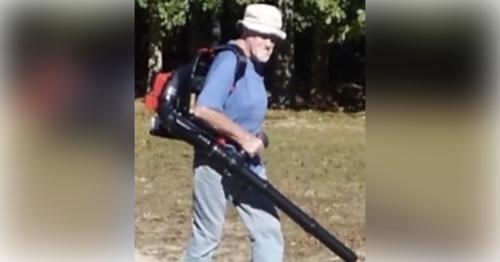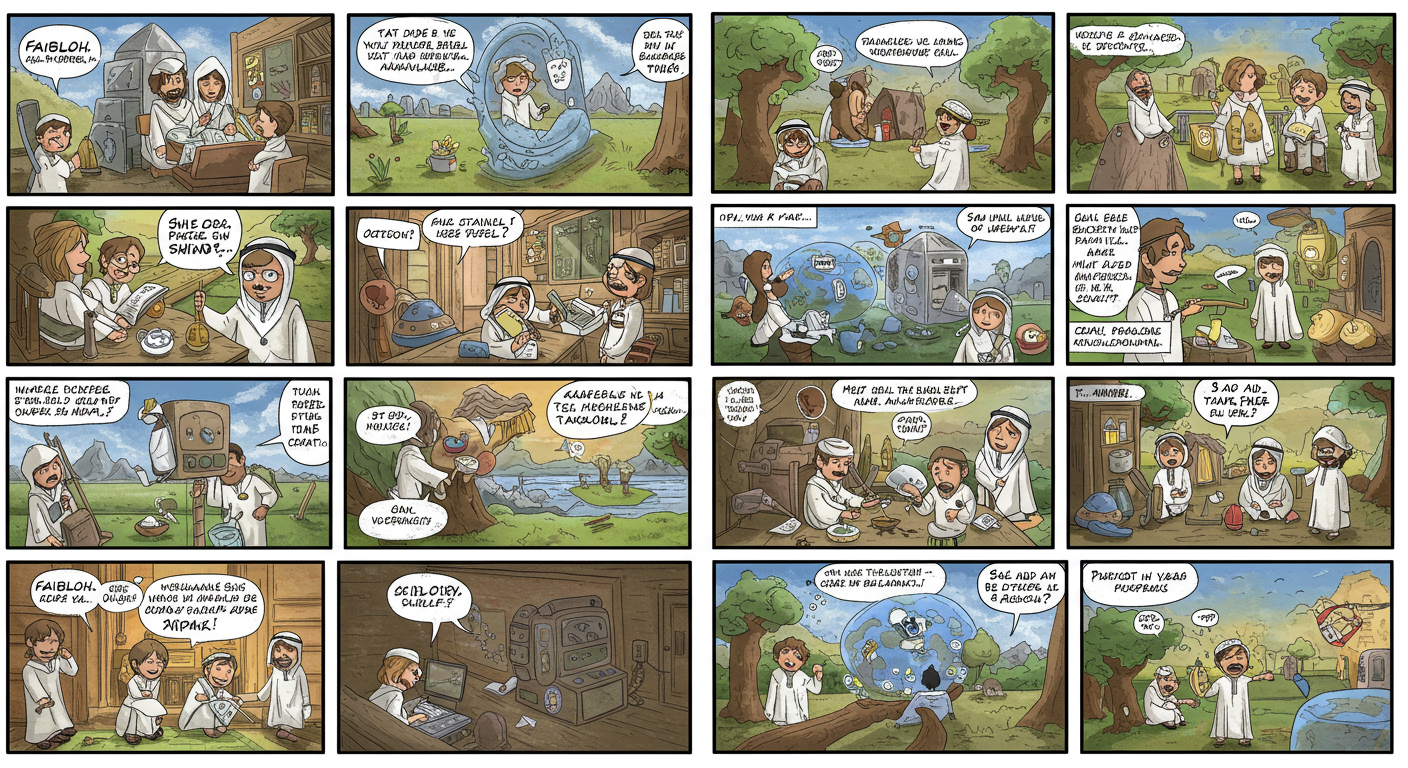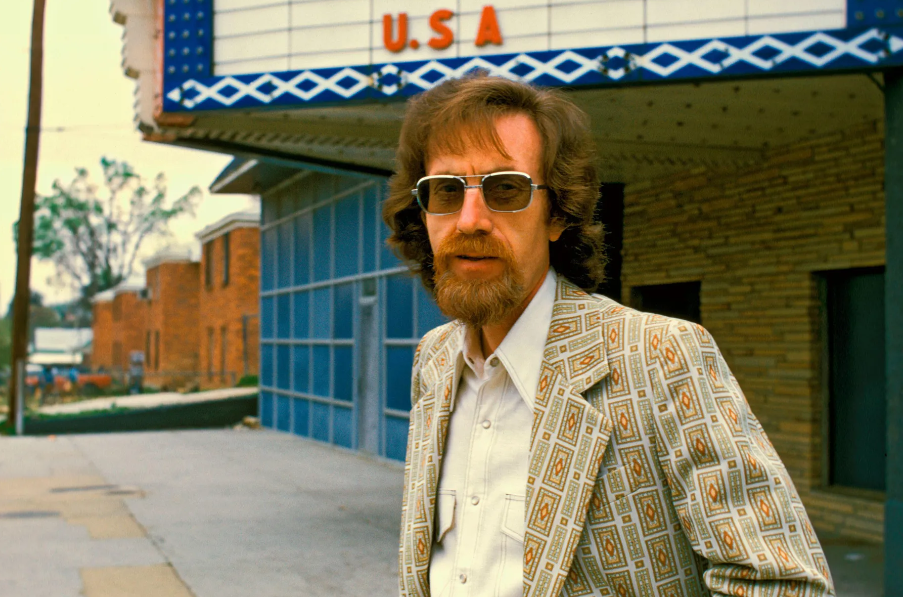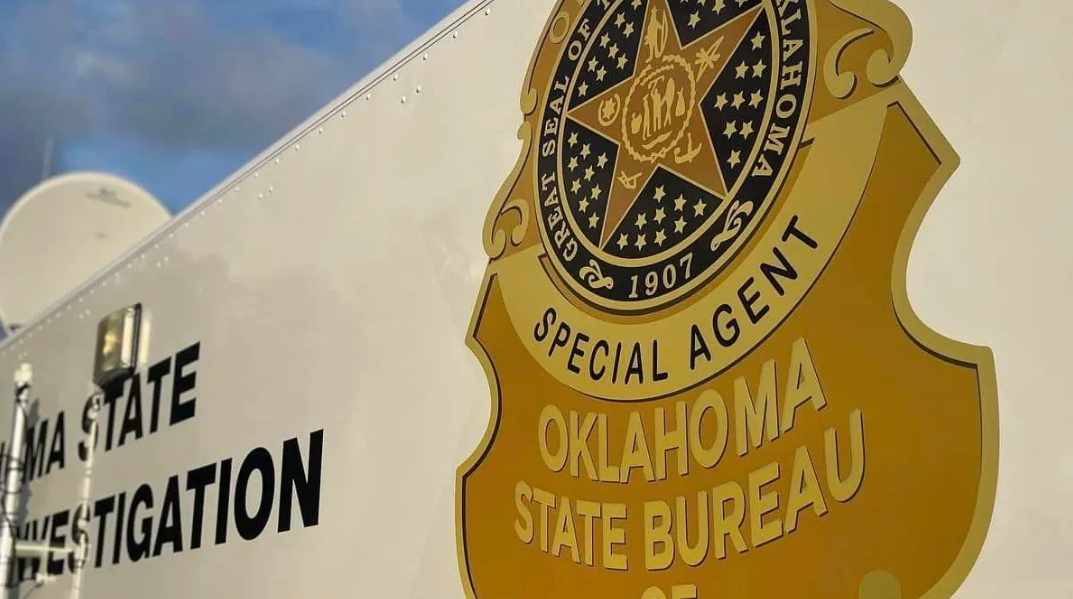William O’Shea began his public service career in 1968 when, as a Chicago Police Cadet, he was assigned to the infamous Democratic National Convention. In the ensuing decades as a Chicago Police Officer he had many adventures, some of which are chronicled in his first novel, THE FOOT POST.
In 1992 Bill moved to southern Illinois with his wife, Susan, and established a detective agency under his private investigator’s license. In recent years Bill has been active as a Court Appointed Special Advocate, working with children who find themselves mired in the court system. His experiences as a CASA volunteer moved him to write THE ADVOCATE and create the advocacy project.
Bill is now a relentless advocate for the rights of abused and sexually exploited children and fears that it will be a life long endeavor.
His according to his latest book, Father Brown’s Home for Boys, “The 1960’s were a turbulent time in our history. Our leaders were assassinated, America was bogged down in Vietnam, casualty numbers fought for space with Anti-War and Civil Rights movements on the front pages of every newspaper and for the lead story on the nightly news programs. Concurrently, while the world was distracted by these problems, the monsters who preyed on children thrived. Even if they were caught, there was practically no prosecution of these predators. Their crimes against innocent children were called “Fondling” or at worst “Molestation”, those who were charged were given probation.
In the Catholic Church, across the globe, pedophile priests also thrived. They operated with impunity. If they were caught their evil deeds were covered up by a Church that was afraid of public scrutiny and the predators would be transferred to another parish, where nobody knew of their crimes and there was also a new flock of children for them to prey upon.
Even when a priest behaved so outrageously that it became common knowledge that he was a child predator the police were never involved, rather he would be sent to a retreat in the South West where he would be treated and released back into the world like a vampire risen. These monsters weren’t hiding under the bed, they were bold in their behaviors, and since everything was covered up they were above the law.
This predatory behavior by clergy didn’t start in the 1960’s, but it reached new heights then with all the other evils that plagued the world. Like other evil men throughout history these predator priests must have thought that God was on their side. He was not. In fact God had champions who conquered evil every day. These men would be held accountable for their sins, regardless of who they were.














